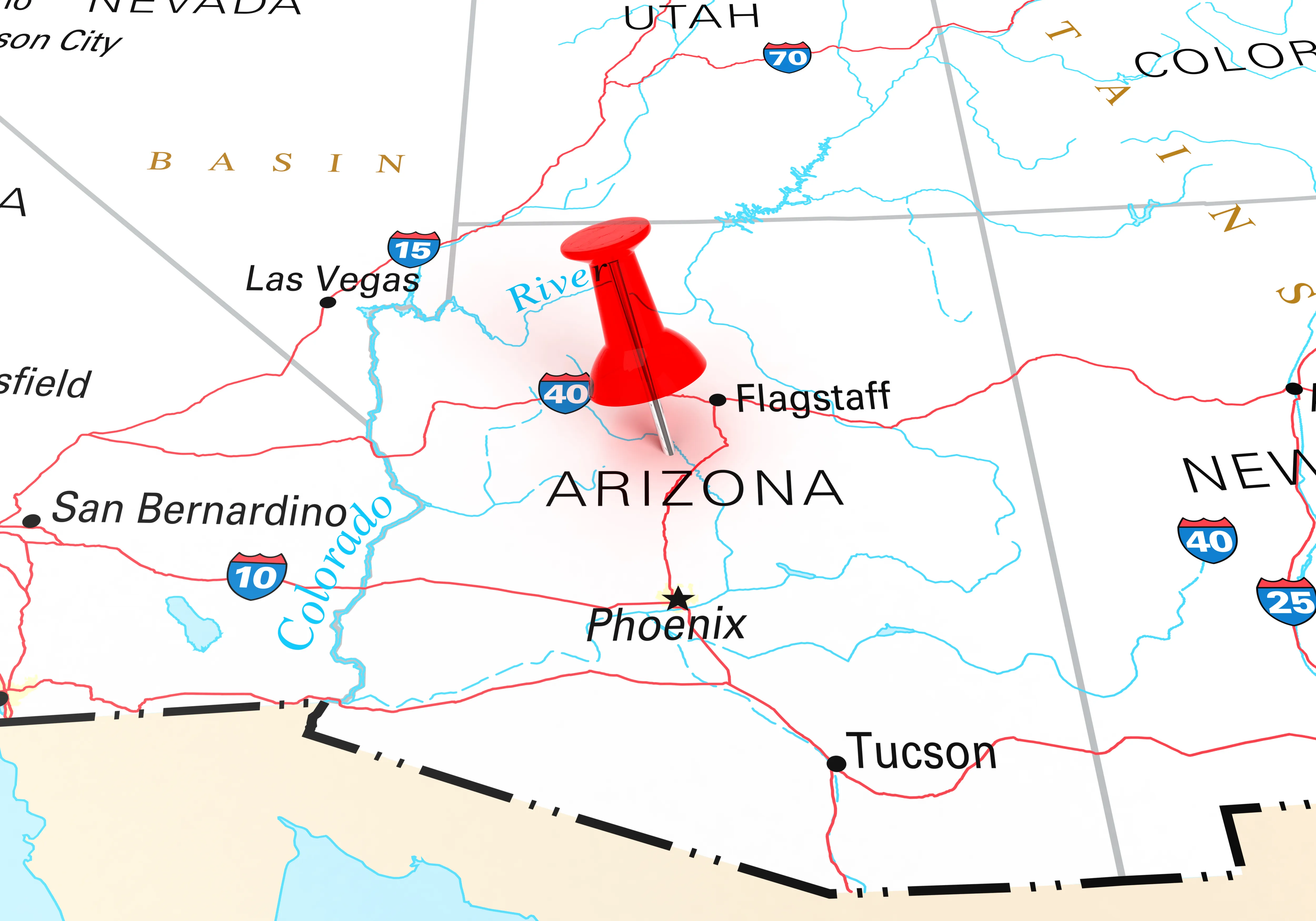
Daily Audio Newscast - May 23, 2025
© AlexLMX - iStock-823000260
Six minutes of news from around the nation.
Trump administration says it's halting Harvard's ability to enroll international students; Post-George Floyd, MN communities drive Black wealth building; FL's fluoride ban sparks concerns over dental health; Despite barriers, TN adults want college degrees.
Transcript
The Public News Service Daily Newscast, May the 23rd, 2025.
I'm Mike Clifford.
The Trump administration Thursday halted Harvard University's ability to enroll international students taking aim at a crucial funding source for the nation's oldest and wealthiest college in a major escalation of the administration efforts to pressure the elite school to fall in line with the President's agenda.
Now for the New York Times.
They report the administration notified Harvard about the decision, which could affect about a quarter of the school's student body.
The Times notes the latest move intensifies the administration's attempt to upend the culture of higher education by directly subverting the ability of one of the nation's premier universities to attract the best and brightest students from all over the world.
Meantime, the racial reckoning spurred by George Floyd's murder got the public's attention about possible progress in ending wealth disparities.
A black-led Minnesota foundation says hope may have faded for some, but community partners are undeterred.
The fifth anniversary of Floyd's murder is this Sunday, and fresh think pieces point out that corporate pledges of financial support are more muted these days, especially with political backlash against diversity, equity, and inclusion efforts.
Salit Mola of the Black Collective Foundation in Minnesota says when they started after 2020, they were warned by advocates tied to other historic events this would happen.
We're in a long movement arc of racial justice.
It did not start in 2020.
It started from the day black people touched the soil of this land.
Because of those generational experiences, she says black communities have a daily commitment that goes beyond statistics about disparities.
Mike Moen reporting.
Find our trust indicators at publicnewservice.org.
Next, Florida's new law banning fluoride in public water systems has drawn sharp criticism from dental professionals who cite decades of evidence supporting its safety and effectiveness in preventing tooth decay.
President of the Florida Dental Association, Dr. Jeff Otley, warns the change will lead to a rise in cavities, particularly among children and underserved populations.
"Over the next two to three years, we will see an increase in the number of cavities, particularly in children and older adults who take multiple medications, which cause dry mouth.
Those older adults will start getting cavities along their root surfaces of their teeth and under existing restorations like crowns and fillings."
Backers of the ban, including libertarian groups and some GOP legislators, argue fluoride is a choice, and they recommend topical treatments like toothpaste over what they claim to be mass medication.
Otley stresses that fluoride occurs naturally in water, and the ban eliminates adjustments that allow cities to reach optimal levels for dental health.
I'm Tramiel Gomes.
This is Public News Service.
A section of legislation in the North Carolina General Assembly would provide legal immunity for pesticide companies.
The provision is part of the North Carolina Farm Act of 2025.
Section 19 limits legal liability for harms from pesticides. pesticides because of U.S.
Environmental Protection Agency labeling on the potential dangers of the chemicals.
But Kendall Wimberly with Toxic-Free North Carolina says the section tips the scales toward industry in the courts.
This bill would shield all pesticide manufacturers from legal responsibility.
It would rig the system against farmers, workers and families who suffer from exposure to toxic chemicals while rewarding corporate misconduct.
The company Bayer, which owns Roundup and is behind the campaign for legal immunity, has paid millions in settlements over harm from the pesticide.
Wimberly says the provision sets a dangerous precedent not just for pesticide, but for any polluting industry seeking immunity in North Carolina.
I'm Eric Tegethoff reporting.
And as students graduate across Tennessee, a new report shows many adults still hope to earn a college degree, but high cost and limited access often stand in the way.
About four in ten adults in Tennessee have at least a two-year associate's degree.
Research by Gallup and Lumina Foundation focuses on nearly 14,000 U.S. adults age 18 to 59 who don't have a degree.
Some are in college now, but others are not, and many express a willingness to try again.
Lumina Foundation's Courtney Brown says while belief in higher education is strong, most people don't think getting a degree is within their reach.
They have a belief in the value of higher education, yet only 30 percent of Americans believe that they have access to quality, affordable education beyond high school.
Brown points out nearly one in three students now enrolled in college have considered stopping out for mental health reasons.
For Public News Service, I'm Danielle Smith.
Finally, tax revenue from marijuana sales in Montana will now support a wider variety of conservation projects.
The new law will put about $12 million of annual tax revenue into a new Habitat Legacy account.
Three-quarters of the money is earmarked for state projects like conservation easements, water storage, and wildlife management areas.
The remaining funds will support wildlife habitat.
Democratic Rep. Becky Edwards of Bozeman says the law cements conservation as a beneficiary of marijuana sales.
"It's not going to be up for negotiation every legislative session.
It provides certainty that those dollars will be there for state park creation, trails, wildlife habitat, all the things that are so important to us as Montanans.
Montana conservation groups are also celebrating a win on the national stage.
Many were concerned that public land sales in Nevada and Utah would be authorized in the Republican budget reconciliation bill, but those were removed through amendments announced Wednesday.
I'm Kathleen Shannon.
This is Mike Clifford for Public News Service, member and listener supported.
Find your trust indicators at publicnewsservice.org.
















